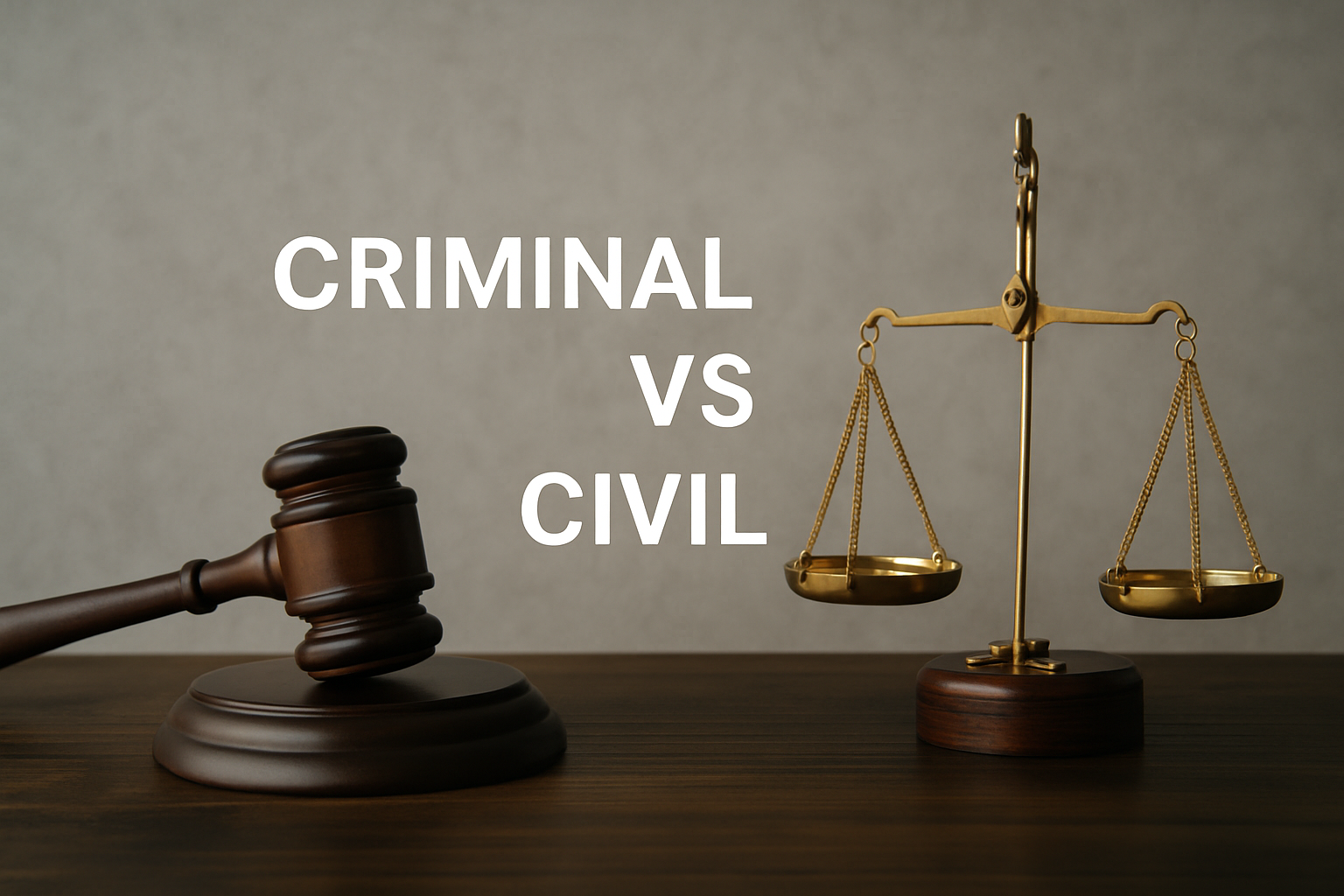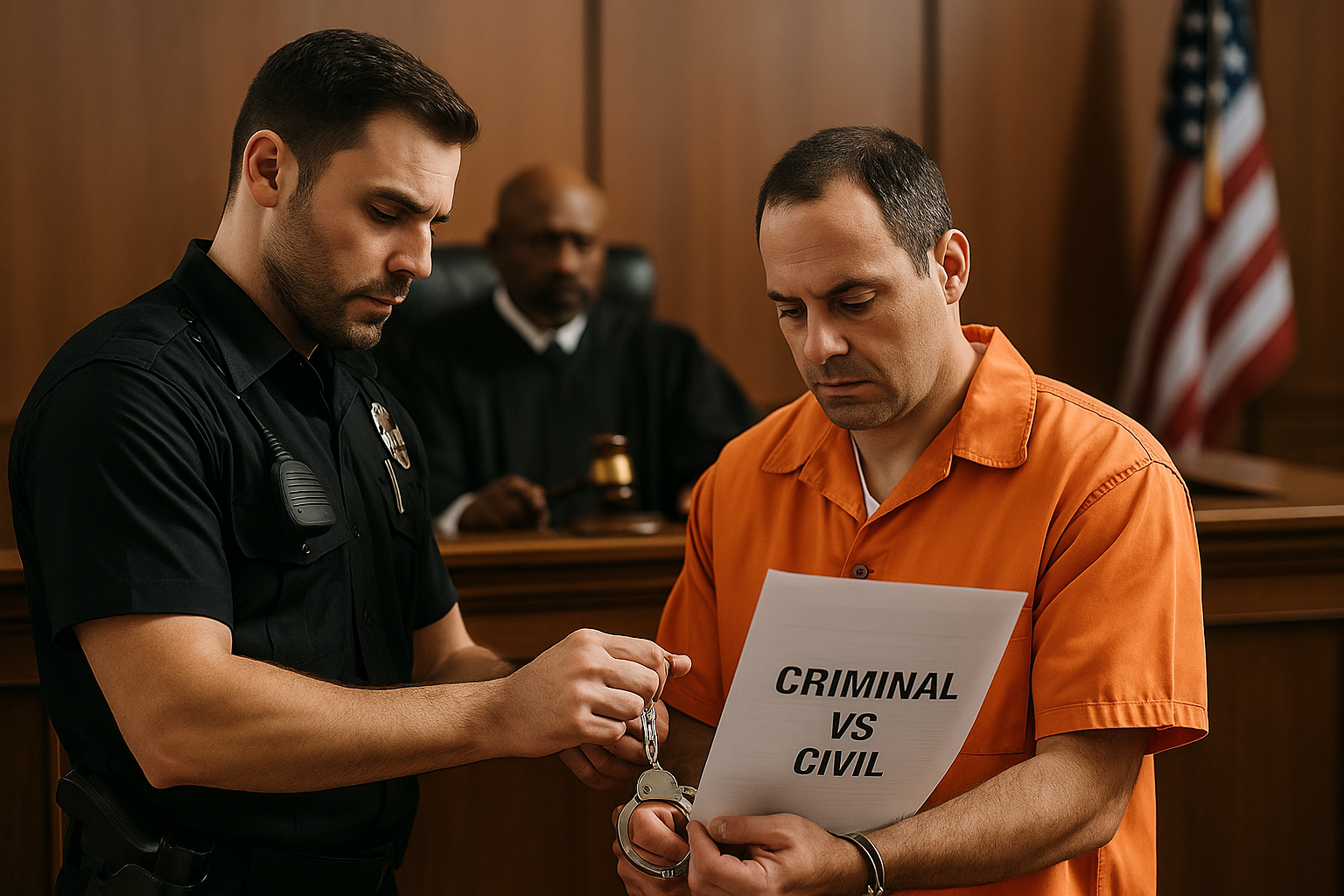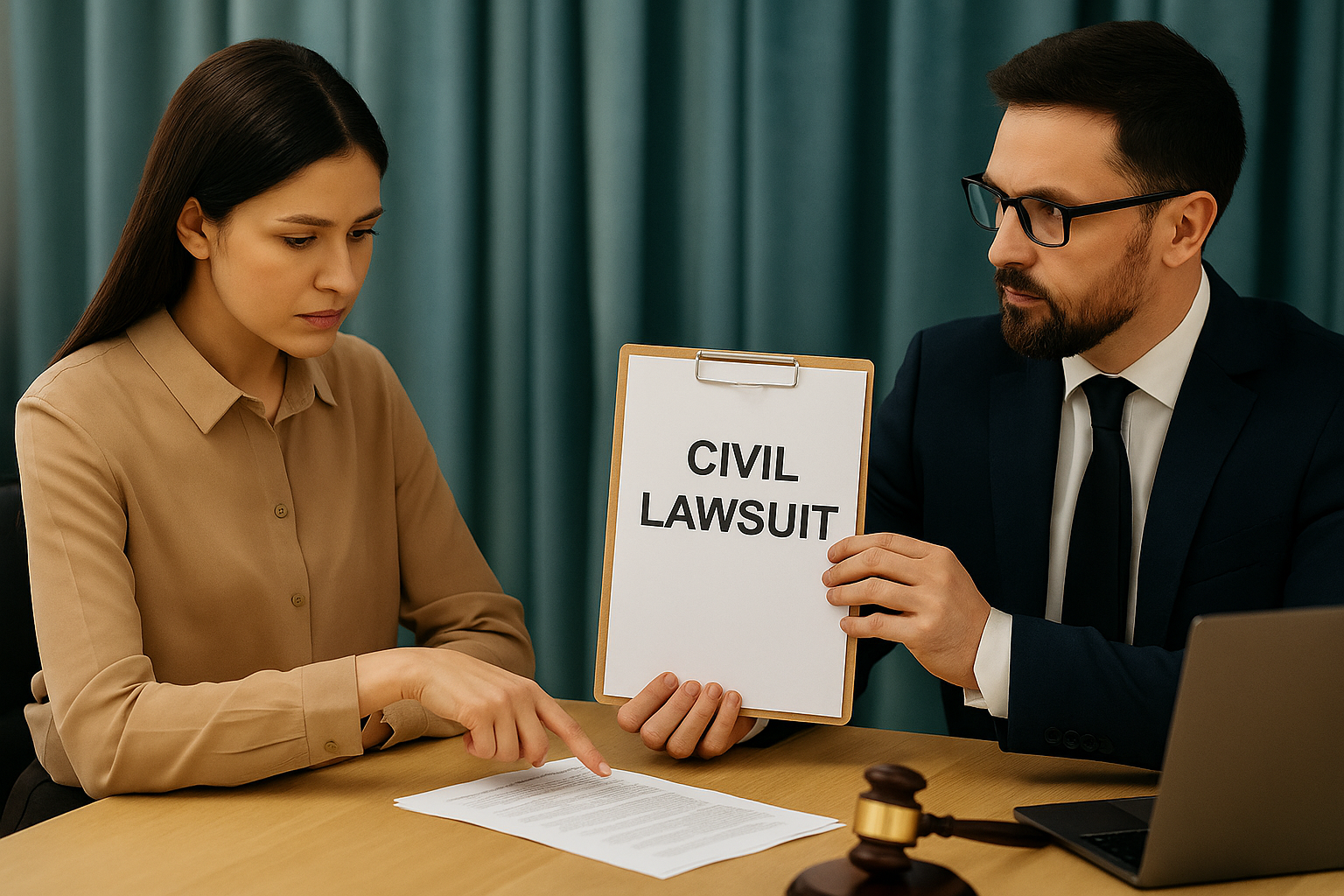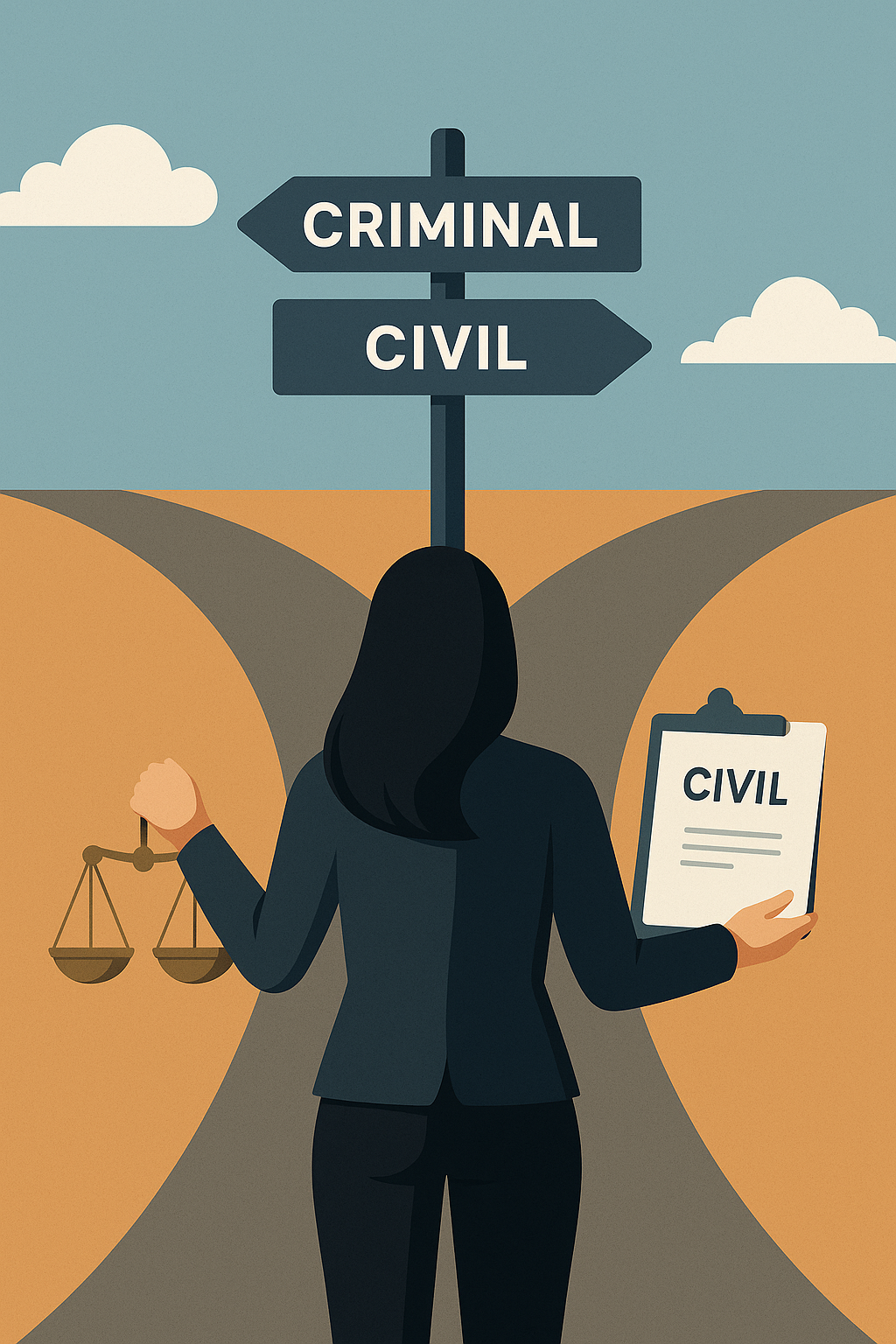Criminal vs Civil Proceedings
Understanding the legal terrain can help you choose the right path or walk both.

It started with a stolen laptop. A small business owner in Nairobi discovers her finance assistant has siphoned off money and sold company property. She reports it to the police. But days later, nothing happens. Bills still need paying, the stolen funds are gone and the business teeters on collapse. That’s when she’s advised to file a civil claim, something she didn’t even realize was an option.
Two paths. One problem.
1. Criminal Law: When the State Takes Over
Criminal proceedings begin when the state steps in to enforce public order. It might be triggered by a report, like theft or assault but the engine is the government.
The goal? Punishment and deterrence.
The risk? Jail time or fines.
The process? Police investigate. Prosecution, ODPP, files charges. The accused goes on trial.

In Kenya, criminal law is governed primarily by the Penal Code, the Criminal Procedure Code and statutes like the Sexual Offences Act, Anti-Corruption and Economic Crimes Act, etc.
But here’s the key: You, the complainant, don’t control the process. The state does.
2. Civil Law: When You Take Matters Into Your Own Hands
Civil proceedings are personal. They start with you.

You issue a demand. You file suit. You pick your lawyer. You ask for a remedy, often compensation or specific performance.
These cases are governed by laws like the Civil Procedure Act, the Law of Contract Act and various property and tort statutes.
If someone owes you money, broke your lease, breached a contract or damaged your car, this is where you go.
3. You Can Walk Both Roads — But They Serve Different Goals
Let’s go back to that stolen laptop. A criminal case punishes the fraud maybe even sends them to jail. But that doesn’t get your money or property back. That’s where civil comes in.
Dual-track proceedings are common in fraud where you seek compensation.
Civil = compensation. Criminal = punishment.
The mistake most people make? Thinking one cancels the other.

4. So, Which One Should You Choose?
That depends on:
i. Your goal — Justice or recovery?
ii. Your leverage — Is the police file strong? Is the other party willing to settle?
iii. Your urgency — Civil claims can often move faster, especially in Small Claims Court.
Sometimes, the answer is both. But if you do, be strategic, you need to coordinate timing, evidence and witnesses to avoid contradictions.
Don’t Get Stuck on One Track
Most Kenyans never learn the difference until it’s too late.
They report to the police, wait for months and miss the window for civil redress.
At Broline & Associates, we help you understand where to start, how to proceed and what combination gives you real results.


.svg)



.webp)